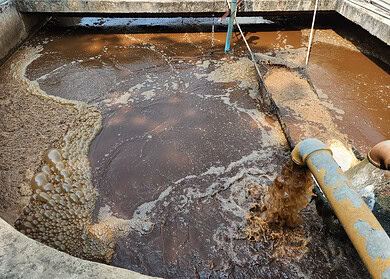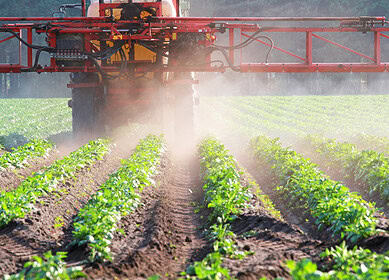Yemen prosecutors charge 40 fertilizer dealers in major environmental crime case

In Sana’a, Yemen, the Public Funds Appeals Prosecession has formally charged 40 pesticide and fertilizer dealers with severe environmental violations, including the illegal trade of banned substances that endanger human life and the environment. This development follows increasing concerns over the irresponsible handling of toxic chemicals within the country.
The charges, as detailed by the prosecution’s announcement on the Ansar Allah-controlled Al-Masirah website, accuse these dealers of smuggling and distributing prohibited pesticides across Yemen. These actions not only constitute a breach of the national pesticide law but also involve serious customs evasion offenses, potentially leading to heightened penalties under the current regulations.
The accused include both individuals and corporate entities such as the Bin Daghsan Foundation, Saleh Ajlan & Brothers Company, and several store owners who allegedly operated under the radar of legal and regulatory frameworks. The prosecution’s case is built on evidence suggesting these dealers knowingly imported and sold harmful pesticides outside authorized channels, thereby compounding the risks to public safety and environmental health.
In response to these allegations, authorities have called for the immediate closure of the implicated stores and institutions, along with the revocation of their operational licenses. This crackdown follows a wider investigation spurred by social media activism and public outcry after documented instances showed toxic pesticides like methyl bromide being handled improperly.
This case underscores a critical challenge in Yemen’s struggle with regulatory enforcement amidst ongoing conflict and governance issues. It also highlights the broader risks associated with unregulated pesticide use, which poses threats not just to environmental sustainability but also to human health. As the trial progresses, it serves as a poignant reminder of the need for stringent oversight in the handling and distribution of potentially deadly substances.
Enjoyed this story?
Every Monday, our subscribers get their hands on a digest of the most trending agriculture news. You can join them too!















Discussion0 comments